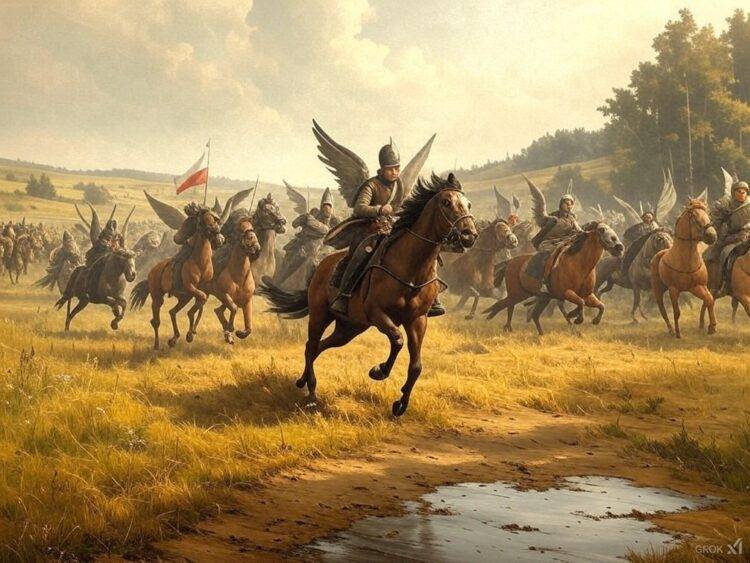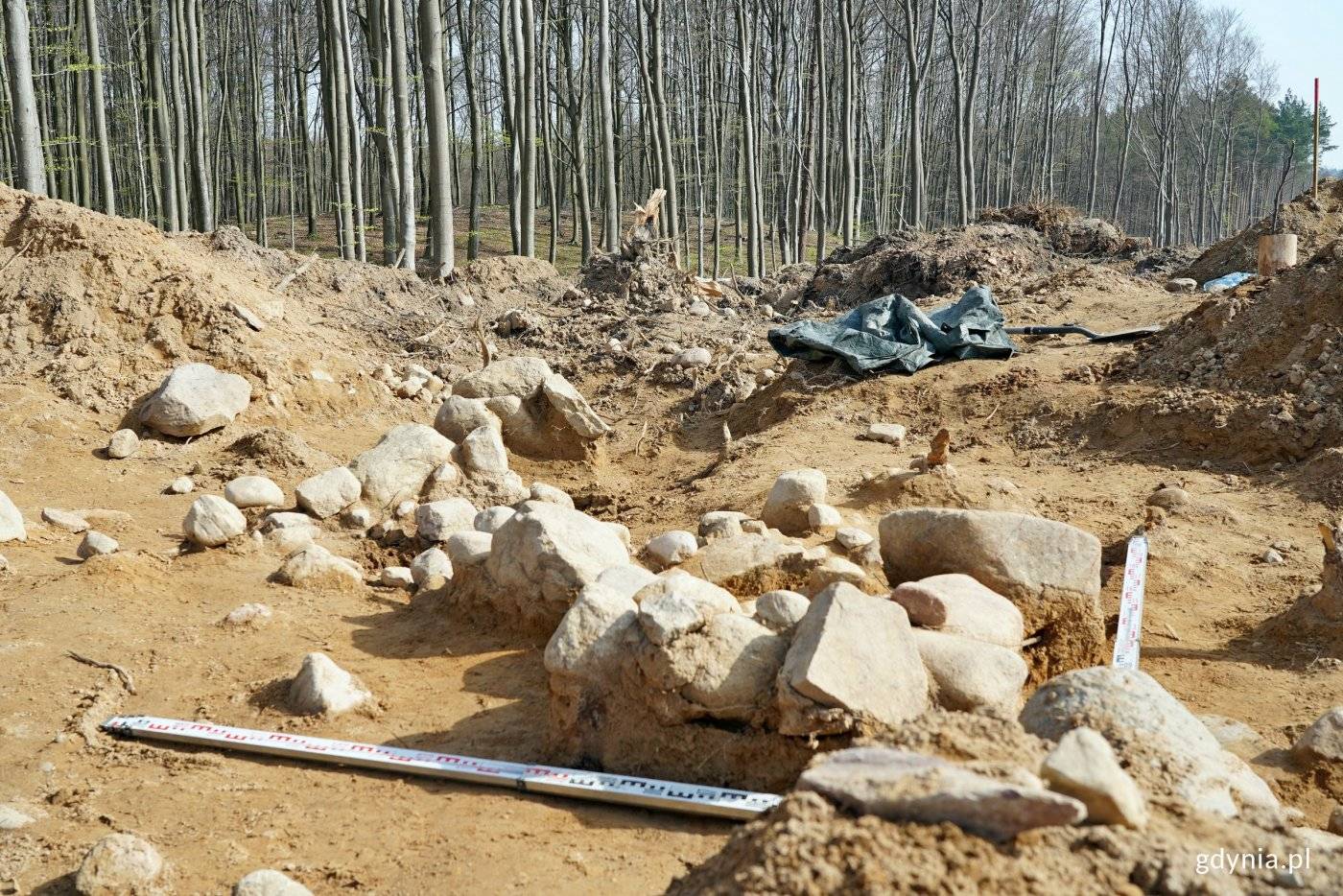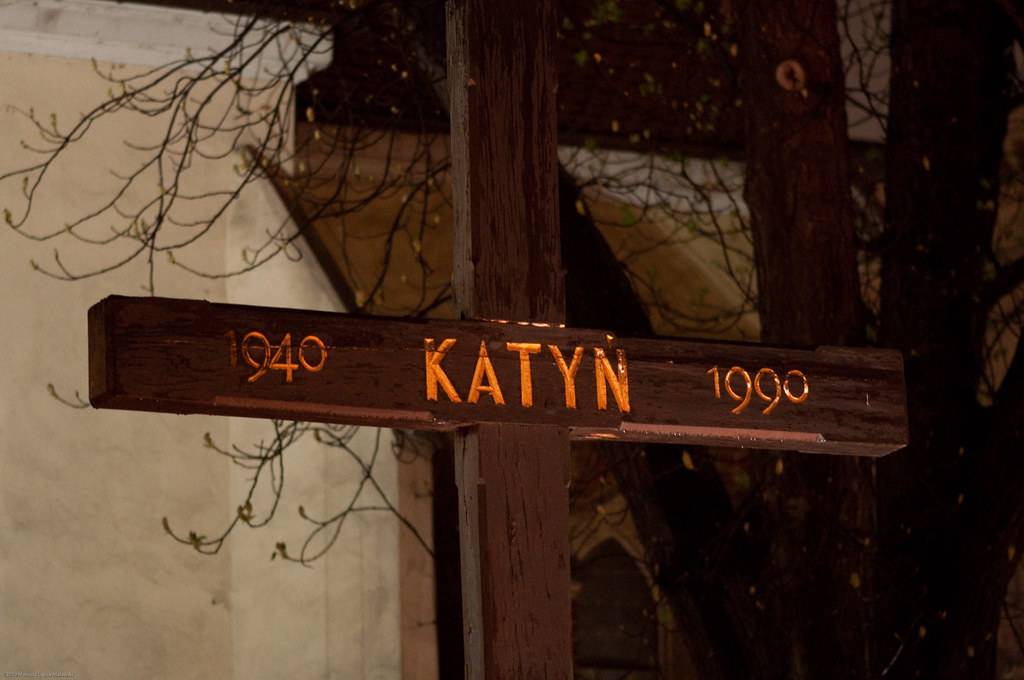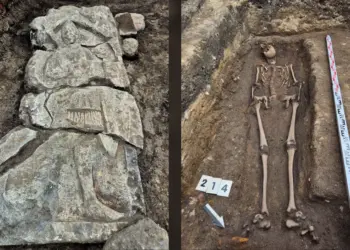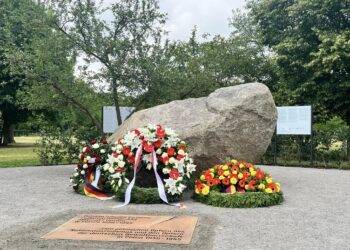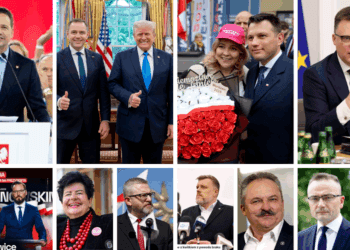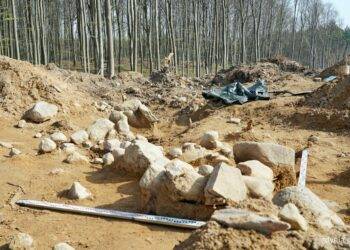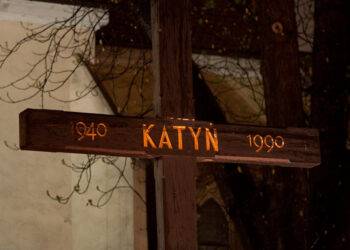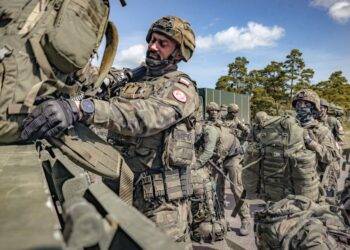A centuries-old battle that remains a source of pride for Poles has become a sensitive topic for Russians, reigniting historical tensions between the two nations. The Battle of Klushino (Kłuszyn), fought in 1610 during the Polish-Muscovite War, is a celebrated moment in Polish history but a sore subject for many Russians. The clash, which saw Polish forces achieve a stunning victory against a much larger Russian army, is increasingly being referenced in Poland, much to the irritation of Russian officials and historians.
The Battle of Klushino, fought on July 4, 1610, was a pivotal moment in the Polish-Muscovite War (1605–1618), a conflict rooted in Russia’s Time of Troubles—a period of political instability and foreign intervention. The battle began when a Polish-Lithuanian army, led by the seasoned commander Hetman Stanisław Żółkiewski, sought to support the claims of the Polish-backed pretender to the Russian throne, Tsar Dmitry II, also known as the “False Dmitry.” The Polish forces, numbering around 6,500 men, including the famed winged hussars, faced a combined Russian-Swedish army of approximately 30,000 soldiers, commanded by Dmitry Shuisky and Jacob De la Gardie. The Russians, confident in their numerical superiority, aimed to block the Polish advance toward Moscow, setting the stage for a dramatic confrontation near the village of Klushino, located about 150 kilometers west of Moscow.
The battle began in the early hours of July 4, with the Polish forces launching a surprise attack on the Russian camp. Despite being heavily outnumbered, Żółkiewski’s troops relied on superior tactics, discipline, and the element of surprise. The winged hussars, Poland’s elite heavy cavalry, played a decisive role. Known for their devastating charges, the hussars broke through the Russian lines, causing chaos and disarray among the enemy ranks. The Polish infantry and artillery provided crucial support, maintaining pressure on the Russian forces and preventing them from regrouping. The Russians, though numerically superior, were poorly organized and lacked the coordination to effectively counter the Polish assault.
As the battle progressed, the Russian-Swedish alliance began to falter. The Swedish mercenaries, who made up a significant portion of the allied forces, grew disillusioned with the lack of pay and leadership. Many of them abandoned the battlefield, further weakening the Russian position. The Polish forces, on the other hand, maintained their cohesion and continued to press their advantage. Żółkiewski’s leadership was instrumental in keeping his troops focused and motivated, even as the battle stretched into the early morning hours. By sunrise, the Russian army was in full retreat, leaving behind their supplies, artillery, and thousands of casualties.
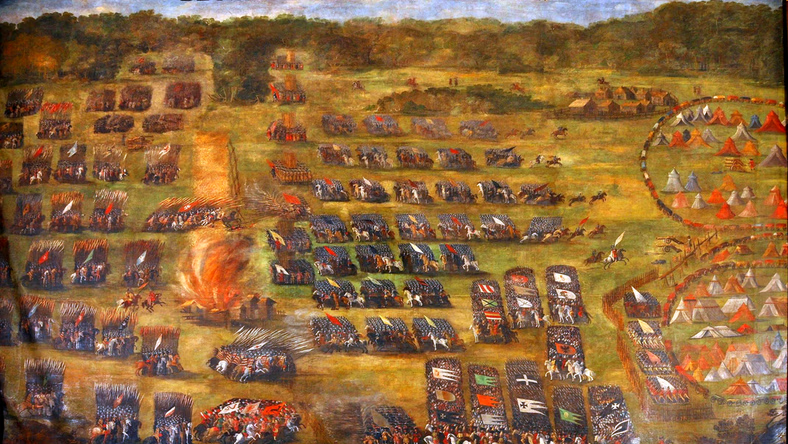
Sourcce: muzeumwp.pl
Poland holds the unique distinction of being the only country to have ever successfully occupied Moscow. Following their stunning victory, Polish forces, led by Stanisław Żółkiewski, marched into Moscow and took control of the Kremlin, marking a high point in Polish military history. For two years, from 1610 to 1612, Poland effectively governed Moscow, even installing a Polish prince, Władysław IV Vasa, as the nominal tsar of Russia. This period, known as the Polish-Muscovite occupation, was a humiliating chapter for Russia and a testament to Poland’s power during its golden age. However, the occupation was short-lived, as a Russian uprising in 1612, celebrated today as National Unity Day, eventually forced the Polish forces to withdraw. Despite its brevity, this occupation remains a significant and often contentious point in the shared history of Poland and Russia, symbolizing both Poland’s historical might and Russia’s resilience in the face of foreign domination.
The aftermath of the Battle of Klushino was a resounding victory for Poland. The Russian forces suffered heavy losses, while the Polish army emerged relatively unscathed. The victory opened the path to Moscow, and within weeks, Żółkiewski’s forces entered the Russian capital. The Polish occupation of Moscow, which lasted from 1610 to 1612, marked the only time in history that a foreign power successfully held the city. During this period, the Polish-backed Władysław IV Vasa was proclaimed tsar, though his rule was never fully accepted by the Russian populace. The occupation, however, was short-lived, as a Russian uprising in 1612, led by Kuzma Minin and Dmitry Pozharsky, eventually forced the Polish forces to withdraw.
In Poland, the battle is often cited as an example of the country’s historical resilience in the face of adversity. “Klushino is a reminder that Poland has a long tradition of standing up to powerful adversaries,” said Janusz Kowalski, a Polish lawmaker and historian. “It’s not about provoking anyone; it’s about celebrating our history and drawing inspiration from it.”
You may also be interested in
2,500-Year-Old Graves Found at Polish Road Construction Site in Gdynia
Construction of a new bypass road in Gdynia has led to the unexpected discovery of prehistoric burial mounds estimated to…
Polish President Duda on 85th Anniversary of Katyń Massacre: Premeditated Genocide
On Sunday, April 13, Poland marked the 85th anniversary of the Katyń Massacre, a somber occasion commemorating one of the…
The battle has also found its way into modern Polish culture. In 2023, a popular Polish video game developer released a strategy game featuring the Battle of Klushino as a key scenario. The game, which allows players to recreate the Polish victory, has been praised in Poland but criticized in Russia, where it was seen as an attempt to trivialize a painful historical event.
Russian state media has been quick to condemn what it describes as Poland’s “obsession” with Klushino. “Poland is trying to rewrite history to suit its own narrative,” read a recent editorial in a Russian newspaper. “By glorifying Klushino, they are ignoring the broader context of the time and the suffering of the Russian people.”
Despite the criticism, many Poles see the renewed interest in Klushino as a way to assert their national identity and challenge Russian dominance in the region. “Russia has always tried to impose its version of history on its neighbors,” said Anna Nowak, a professor of history at the University of Warsaw. “By remembering Klushino, we are reclaiming our own history and showing that we won’t be silenced.”
The Battle of Klushino remains a defining moment in Polish history, celebrated for its demonstration of military brilliance and the indomitable spirit of the Polish army. For Russia, it is a painful reminder of a time of weakness and foreign domination. The battle’s legacy continues to resonate in the collective memory of both nations, symbolizing Poland’s historical might and Russia’s resilience. Today, Klushino is not just a historical event but a testament to the enduring power of strategy, leadership, and courage in the face of overwhelming odds.
Support Poland 24
Poland 24 is an independent publication dedicated to providing accurate, insightful, and timely news from Poland. In an era where reliable journalism is more important than ever, we take pride in delivering content that keeps you informed about the latest developments in politics, culture, and society in Poland. However, as an independent outlet, we rely on the support of our readers to continue operating without the influence of corporate sponsors or political agendas. Your donations are crucial to help us maintain the quality of our reporting, covering both major headlines and the stories that often go untold by mainstream media.
By supporting Poland 24, you are not only helping us sustain our website, but you are also contributing to the creation of more diverse, in-depth content. Every donation, big or small, allows us to invest in better resources, hire experienced journalists, and cover a wider range of topics with the detail and attention they deserve. If you value independent journalism and want to see more high-quality content about Poland, please consider donating today. Your support truly makes a difference in our ability to continue bringing important news to the public.

